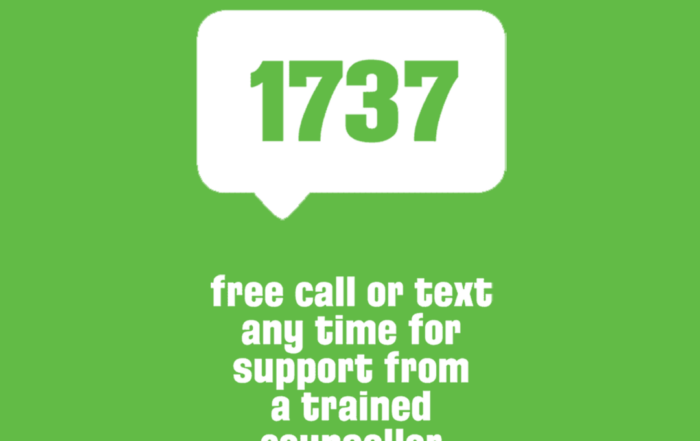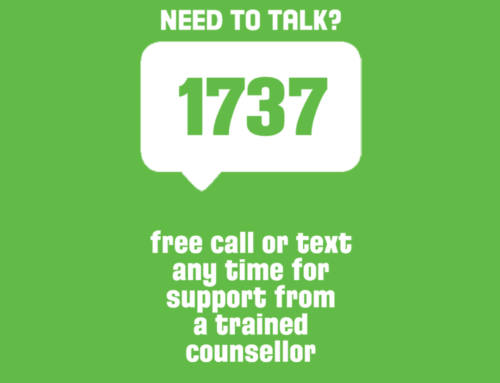
Insomnia – Impaired Sleep affects wellbeing
So you can’t sleep or maybe you can’t get to sleep. Or do you wake up in the middle of the night unable to get back to sleep? How do you feel when you wake up? Are you refreshed?
In a national survey on insomnia symptoms, New Zealand has an estimated 13% of people aged 20-59 who have at least one symptom of insomnia. (1)I suspect however that many more people suffer from less than ideal sleep patterns that affect their well being, that is not recorded. It is known that short sleep duration is a risk factor for increased body mass, Diabetes, metabolic syndrome, and hypertension. Lack of good sleep is also associated with poor mental health, anxiety and later on may be more likely to develop depression. (1)
Other known concerns linked with long term sleep deprivation are accelerated ageing, night time heartburn and memory loss to name a few.
The research has found that Restorative sleep is vital for optimising health and well being. Contributing factors may be mood disorders, medication, micronutrient deficiency, female gender especially during menopause or menses and mothers whose patterns have not returned to “normal” after having children.
Many know that 6-8 hours per night is the ideal, however, this can prove elusive to those of us in our busy and sometimes stressful lives.
The following sleep tips have been resourced by the International Nurse Coach Association (2) Susan Luck (2014) and Dr J Fuhrman (3).
Noticing what works and what doesn’t.
Observe your current bedtime routine. What is your current daily pattern as you are heading for bed – does it promote restful sleep? Think about some possible new behaviour. Once you observe behaviour that works, practising it can help.
What helps you to move into sleep at the end of your day? Some people find evening meditation, deep breathing techniques, soothing sounds and music, relaxation tapes, aromatherapy blends or essential oils are helpful.
What is your environment like?
Ask yourself what can I change that may help me sleep? Recently, a client identified that she shuts the door to her bedroom to block out sounds from a new baby (not hers) in the house. This made the cat and dog scratch on the door to get in, so she gets up to let them in, while they used to come and go freely. By opening the door, wearing earplugs and using lavender oil she was able to have restful whole nights sleep and the pets were happy. Problem solved by becoming more aware of what was affecting her sleep.
Sleeping with complete darkness can help those sensitive to light. Check out what light is in your bedroom as even the a little light can impact on your body clock and your pineal gland’s production of melatonin and serotonin. The key is to avoid turning on a light at all during the night, even when going to the toilet (unless you are frail and elderly or at risk of falls). It may help to wear an eye mask and block out curtains may help. Keep
Become aware that TV, phone, kindle and computer lights can impact on sleep and going to sleep. Avoid use for 1 hour prior to going to bed.
Keep equipment with lighting away from your pillow e.g. radio alarms, phones.
Diet: Having a good diet with plenty of fruit and vegetables and whole foods can improve stores of micronutrients that your cells need to function, helps to remove toxins and stabilize glucose levels. This is vital for good sleep.
Also, be aware that eating grains and simple carbohydrates can raise your blood sugar which may create interrupted sleep when the blood sugar drops later.
Food intolerances and sensitivities may cause inflammation and reactions which prevent good sleep due to digestion impairment.
Stimulating substances to avoid: Caffeine, which can be found in coffee, soda, energy drinks and chocolate.
Smoking and alcohol use can impact on sleep; avoid them for a couple of weeks and notice the difference.
Vitamins and minerals: It may help to supplement a good diet essential vitamins and minerals such as the B vitamins, vitamin D and magnesium (if approved by your doctor) if taking other medications. Seek the support of a Naturopath, or nutritionist to see what may help you.
Exercise: Doing both strength and aerobic exercise regularly can improve sleep , but avoid doing exercise prior to bedtime as this can stimulate the body and keep you awake so avoid several hours prior to your bedtime.
Relaxation techniques and breathing practices can assist if sleep is elusive to support going back to sleep, or to cope with not sleeping.
Body temperature changes: When you sleep your body temperature lowers about 4 hours after you go to sleep. Cooler temperatures may be more conducive to better sleep as it copies the body’s pattern.
Heat in the form of a sauna, shower or bath can help prior to bed. When you get out of the bath and your temperature drops and body recognises it’s time for sleep.
Exposure to morning light or a therapeutic lamp: can help let the body get into good sleep cycles.
Socks and lavender: Wearing socks to bed may be helpful as your feet are often the first to drop temperature and can lead to wakefulness. Lavender essential oil can be rubbed into the feet prior to wearing socks. Other oils that help sleep include rose, geranium, frankincense, orange and lemon
Downloading annoying thoughts: Keep a “worry book” or journal by your bed. By writing down thoughts that ruminate which may be interrupting your sleep, you can help to ease your mind to allow easier sleep.
References:
- The NZ Medical Journal (1)https://www.nzma.org.nz/jounal https://www.nzma.org.nz/journal/read-the-journal/all-issues/…/.
- Susan Luck, Tips for Sleeping Well. The International Nurse Coach Association, Miami, Florida
- Dr J Fuhrman https://www.drfuhrman.com/learn/health-concerns/90/insomnia
Recent Posts:
Cyclone Gabrielle – Need to talk?
The weather events have been distressing for many of us. There's good, free, 24x7 telehealth support available from 1737. It's free, just call or text [...]
Happy Lunar New Year from Access Community Health
Here at Access, we celebrate the cultures of the tāngata | people who surround us. Culture enrichens our experience as humans, gives us confidence and [...]
Happy New Year from Access Community Health
With the new year beginning, it is important to take a moment to reflect on how much was accomplished in 2022. This time last year, [...]








